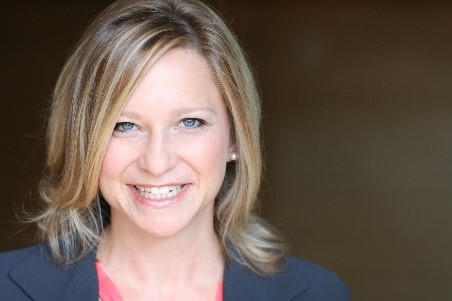On Yom Rishon shel Pesach (first day of Passover), we read "And you shall explain to your child on that day, 'It is because of what Adonai did for me when I went free from Egypt'" (Ex 13:8).
How can we best explain to our children this enduring lesson of Passover? How can we communicate the essence of this teaching? We can talk with our children and share our own appreciation for religious freedom. We can look at artistic renderings of the Passover story and peer into the pages of the multitude of haggadot. And we can sing.
Dr. Bernice Johnson Reagon, a major cultural voice of justice and one of the founding vocalists of the African-American women's a cappella group, Sweet Honey in the Rock, reminds us that singing can transmit a priority:
"Our songs-sounds and lyrics give us stance-make clear the ground we hold. We name through our singing the territory of the expanding community we sound. When you see our songs, you see the tip of the mountain upon which we stand and it is solid ground." (Bernice Johnson Reagon)
Seder songs are meant to do exactly that. Through singing, we can pass on our most salient teachings to our children. Our songs "make clear the ground we hold." Through the act of singing, we retell the story of moving from bondage to freedom.
The Four Questions are a microcosm of the holiday. By identifying the symbols and pairing them with parts of the story, our children are meant to internalize the importance of the symbols on the seder plate and their relationship to the central teachings of our people's escape from Egypt.
It says in Mishnah Pesakhim, that it is incumbent upon each person gathered at a seder to recite: b'chol dor vador chayav adam lir'ot et atzmo k'ilu hu yatza mimitzrayim. "In all generations, everyone is obligated to see themselves as though they personally had come forth from Egypt." How best to recite those words? A melody.
In recent years, singer-songwriters Elana Arian and Noah Aaronson, both leading voices in contemporary Jewish music, composed a melody entitled " Yatzah Mimitzrayim," or "Leaving Egypt," based on this Mishnaic text. Fitting ancient words with a contemporary guitar-driven melody, the song reminds us of the Mishnah's teaching: that each of us must recall our personal journey to freedom.
Both Arian and Aaronson sing prominently in the recording, taking turns with the central melody, underscoring that each person is meant to imagine that they went forth from Egypt. The song moves into English and asks these questions to help us imagine what it might have been like to leave Egypt:
Can you picture yourself crossing through and wandering the desert?
Can you feel the wind support you as you go?
Do you hear the cries of those left behind, still hoping for tomorrow?
Do you fear the mountain you still have to climb?
The song ends with a descant (an independent melody) of the traditional Askenazi Passover melody "Dayeinu" ([It Would Have Been] Enough) layered on top of Arian and Aaronson's musical phrase " yatzah mimitzrayim." The co-mingling of two melodies, one old and one new, reminds us that an ancient teaching remains timely and relevant.
Knowing that not all of us can hear the sounds of singing, I am reminded that the women of Sweet Honey in the Rock always perform live with an interpreter, who offers the song in American Sign Language (ASL). In this way, the singers demonstrate a commitment to the "expanding community" they wish to reach and welcome.
I recently learned that a young woman who grew up at a synagogue I served will provide ASL interpretation at an upcoming Shabbat service. As a child, she watched as the music and sermons were offered in ASL from the bimah, finding wonder in the live translation and the way in which it signaled a stance of inclusion. She was inspired by that experience and wishes to give back to her synagogue. I am inspired by her.
We all still have mountains to climb. We don't know where we will find the energy, but we do know that our songs can be a source of strength. We know that when we sing with others, we can transmit teachings we hold dear.
B'chol dor vador. In every generation. We sing. We ask questions. We live the journey from slavery to freedom. We affirm our song, our tradition, and our stance.

